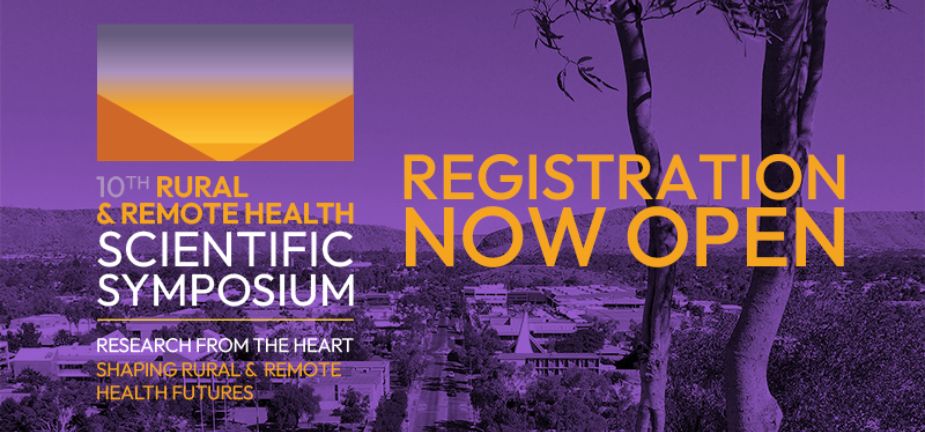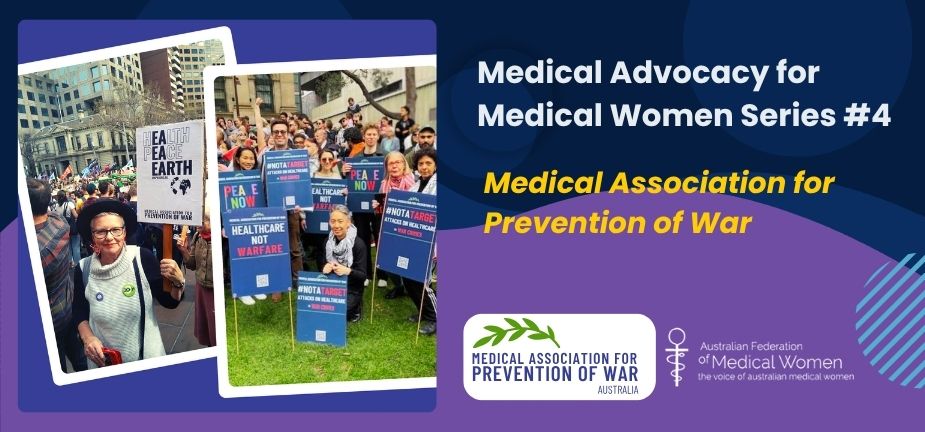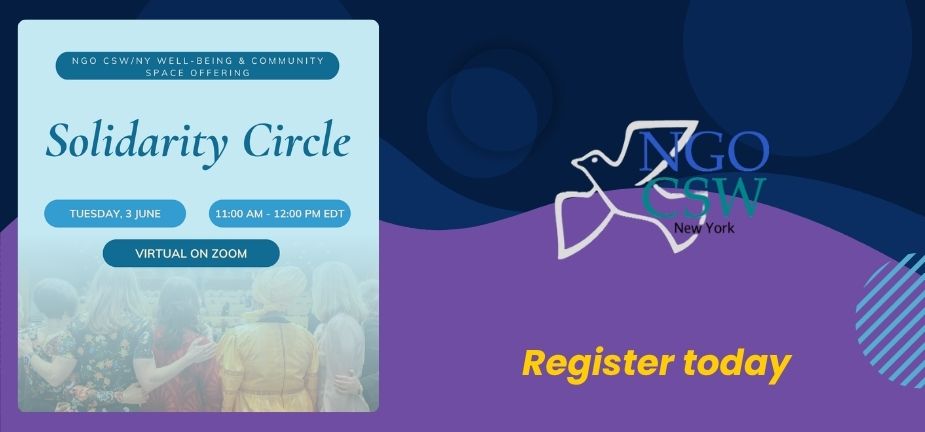Dr Sally Cockburn
Dr Sally Cockburn is a GP and former senior lecturer in Dept Community Medicine at Monash University. For the last 18 years she has also been a national media identity. She is a previous winner of an MBF excellence in health journalism award, and a Radio Industry Award for best documentary.She made her name in media as Dr Feelgood when medical practitioners were not permitted to use their real names in the media and spent six years as host of a top rating and ground breaking national talk back radio program on sexual health and relationships on an FM music station. Now , under her real name. she hosts own talk back l health program on Melbourne’s top rating talk station where she is the only female solo host on the station. She has also hosted her own national live TV show and worked on all three commercial TV networks. She currently appears on The Morning Show on Channel 7.
Sally is also Chair of the Faculty of Medicine Nusring and Health Sciences Alumni at Monash University, Chair of Family Planning Victoria and is a Ministerial appointment to the Board of the Victorian Health Promotion Unit (VicHealth). She a former Chair of Variety the Children’s Charity and the national communication strategy for organ donation. She is patron or ambassador for many health organisations including Royal District Nursing Service, Marie Stopes International Australia, Melbourne Osteroporosis Support Group, St Mary’s House of Welcome (drop in centre for the homeless) and Lort Smith Animal Hospital. Sally is a sought after speaker ranked in the top 10 corporate speakers in Australia. She is mother to a teenage daughter and says she gets all this done by living with the a messy house and car being overdue for a service.
Five important steps in effective health promotion
-
Get a network
-
Get over media paranoia
-
Get a win-win
-
Get the message out
-
Get better health outcomes
In the panel session Dr Cockburn presented the audience with the hypothetical health crisis in Stepfordia, where all the women were dying at age 50. Research had found that the early deaths were due to a virus that could be prevented with a new vaccine, RU-48-Stepfordia. However, skeptics denied the existence of the virus and claimed that the virus would cause cancer and other medical problems. The question was posed: How could the MWIA members advocate to help the women of Stepfordia?
Avenues discussed included:
- create a presence
- contact parliamentary members via phone
- write individualised letters to parliamentary members (one letter with signatures from multiple organisations makes more impact than multiple letters)
- a bill, a conscience vote, an enquiry
- a media campaign, perhaps in trade magazines, general magazines, newspaper, billboards and posters in general practice
Attendees were advised that:
- good news stories rate well and are welcomed by news organisations
- you need to present your messages in sound bites – bite sized grabs
- you control what you say, so if you are repeat your sound bites and do not get “off message” you will not be “misquoted” or present a message contrary to your aim
- when an inaccurate message is being presented by your opposition you need to dismantle their arguments in a way that allows people to believe you, being calm, dignified, evidence based and reliable









